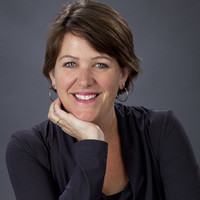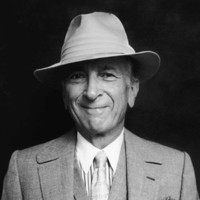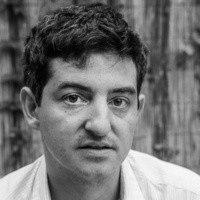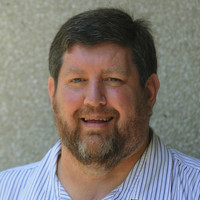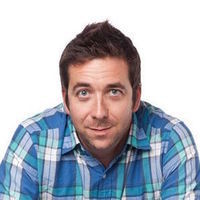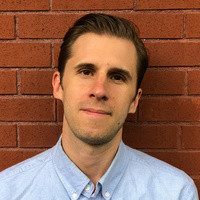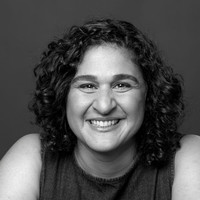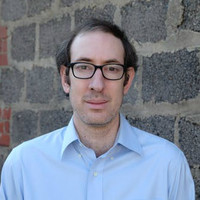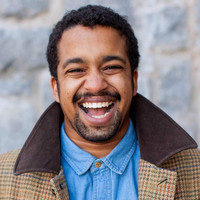Paige Williams is a New Yorker staff writer and the author of The Dinosaur Artist: Obsession, Betrayal, and the Quest for Earth's Ultimate Trophy.
“I was just sitting in a coffee shop and saw this thing about a Montana dinosaur thief, and thought, oh that’s really interesting, I don’t know anything about that. And I knew nothing about natural history, nothing about natural history museums. I was born and raised in Mississippi. We didn’t talk about that kind of stuff. I grew up in the Baptist church. It certainly wasn’t mentioned there. … It just was a world completely alien to me, which I love. I love going into worlds that I know nothing about, and I like to take them apart and put them back together again.”
Thanks to MailChimp, Skagen, Squarespace, and Pitt Writers for sponsoring this week's episode.

